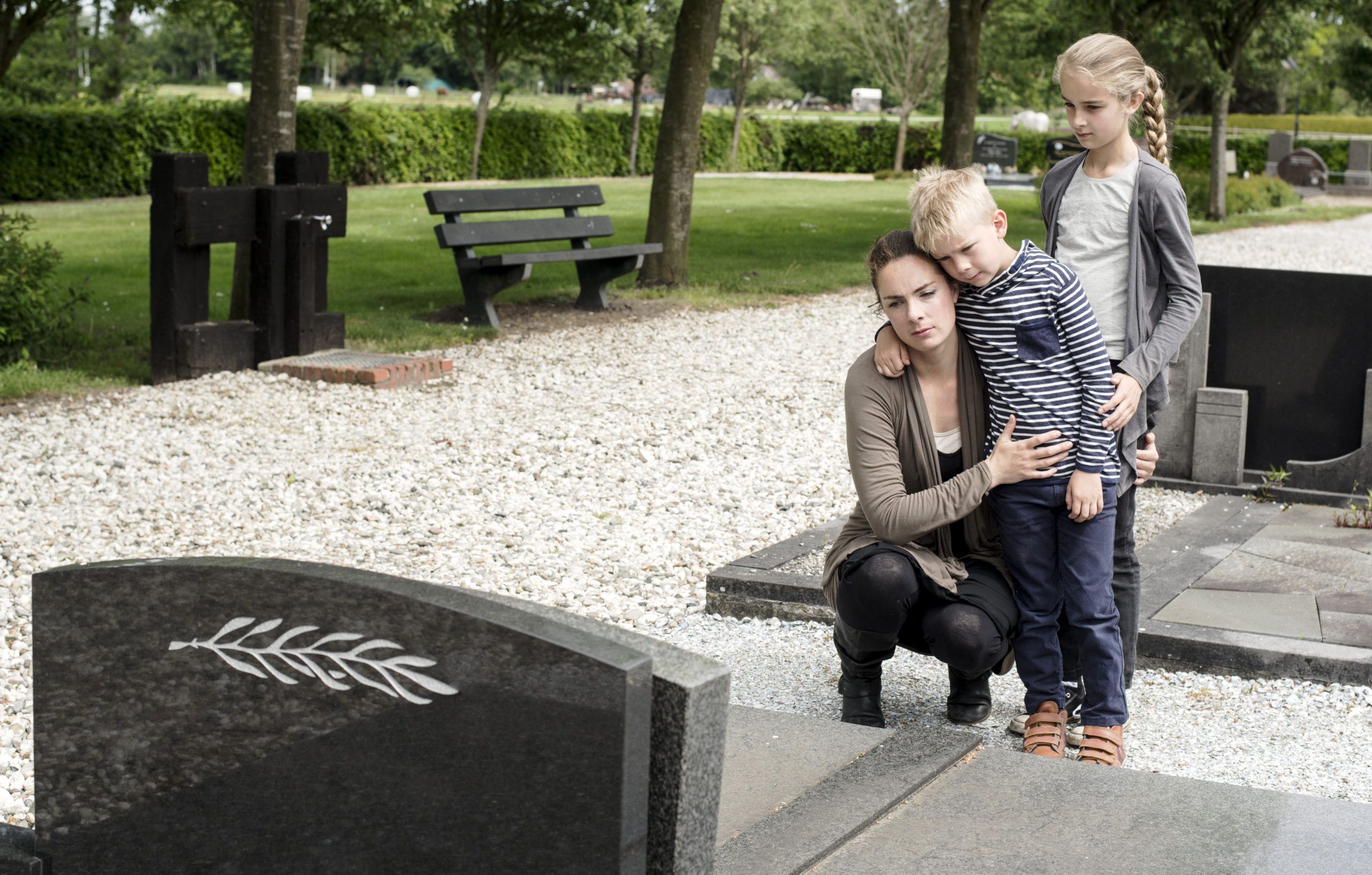
Helping Your Child Deal With Grief
The sight and sound of a child grieving are truly heart-wrenching because it seems to defy the natural order of the universe. We fantasize that our children will be safe from having to deal with some of the realities of life until they’re older. We can comprehend that some children will have to deal with the loss of the grandparents, but how do we help children deal with the loss of siblings, parents, teachers, and their friends. Talking to children about the loss of a loved one can be traumatic for the caregiver. No matter how wonderful we may be, our grief and robs us of the ability to deal with her children and thoughtful and sensitive and age-appropriate manner.
Understanding Increases With Age
Understanding how children grieve is the initial step, and children at this age can become very puzzled and insistent. We must understand that their responses are age-appropriate, so we don’t get frustrated as they continue to ask questions over and over. From approximately ages six through nine, children begin to think of death as a bad guy who is gotten the deceased because he or she did not know how to escape. It is during this period children start to express fears of dying, and we begin to see children demonstrate great upset when confronted with the loss of a loved one. Children of this age naturally assume they might well be the next target, and they require a significant amount of reassurance that they are safe from harm. From approximately age ten, children begin to develop the capacity to accept death as a biological process and also start to understand the finality of death.
Reactions Will Vary
When helping a child who is grieving the loss of a loved one it is critical to remember that the child’s reactions and behaviors may be as varied as those we find within adult behavior. Some children may firmly plant themselves within the arena of denial and refuse to accept or even listen to even the most patient and understanding explanation. In some cases, these children may seem totally unaffected by what is going on around them. This response does not indicate the child is OK. Instead, it provides a signal to the caregiver that the child is desperately trying to block the painful realization that is coming. All interactions must proceed at a snail’s pace. Other children may show their grief through acting out kinds of behaviors, and caregivers may find themselves loathe to set limits in deference to the child’s pain. You must set regular limits. Do not let your child act out without consequences as it will confuse the child and may erode her trust in the caregiver’s ability to take care of him or her. Some children demonstrate grief by attempting to withdraw from the playmates, siblings, and parents. They may lose interest in toys and favorite activities. These children must be gently encouraged and sensitively engaged to help bring them back to the previous level of function. Other children may begin to experience a host of somatic complaints including headaches, stomach aches, and muscle cramps. You must attend to your children for their pain is real. The fact that the cause is emotional does not lessen the need for intervention.
Other children suddenly develop nightmares and may require modify the existing bedtime rituals. It is not uncommon for children to request to sleep with their parents. The majority of the time, the child can be soothed without actually having to sleep in my parent’s bed. Allowing your child to sleep in your bed temporarily will not set a precedent.
Less Is More
In all cases and situations, it is critical to validate the child’s experience of his or her grief. Their pain must be taking sensitively and thoughtfully. Adults must not attempt to minimize what the children feel, and one of the most common traps loving caregivers fall into is that they talk too much. This writer is reminded of the essential words of his mentor during training, “most of the time, it is best to sit quietly and just be with the child simply”.
Be patient, understanding, and calm, and you will be able to help your child work through their sadness and grief.
